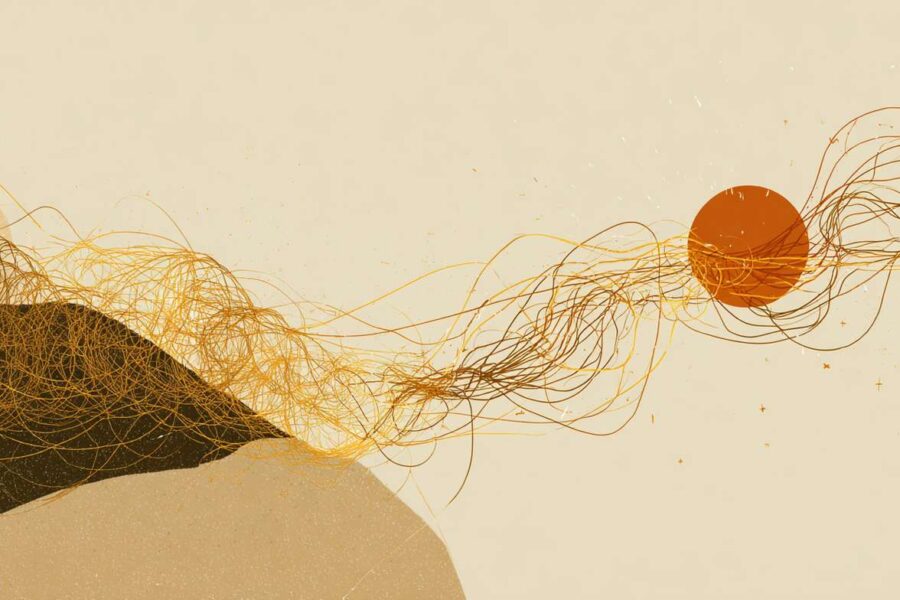Apathy isn’t laziness, though it can feel that way when you’re stuck under its weight. It’s more like a switch flipped somewhere deep in your body. It makes its way into how you interact with everything, soon all colors of your world fade to a dull blotch. Apathy has you not wanting to do anything—not because you’re defiant, but because you have lost the interest altogether, the motivation, the energy, the willpower, the hope.
Scientists point to dopamine levels, the chemical that keeps us motivated and engaged. For good reason, because when dopamine falters, so does that inner spark that once propelled you forward. But there has to be something more, doesn’t there?
The Inner Workings of Apathy
This isn’t a moral failing. It’s a combination of things. It’s a bit of environment, a bit of biology, and a bit of psychology. It’s a bit of evolution too. Your nervous system’s job is to help you survive, and sometimes, when life feels too overwhelming, it tries to protect you. One way to do that is by flattening your emotions…. Almost like an emotional hibernation.
Apathy is that emotional flatline—your brain turning down the volume to spare you the noise.
But the silence it leaves behind can feel unbearable.
What Is Apathy in Mental Health?
At Pathways, we see apathy more as a symptom or a result of complex circumstances, not an unchangeable label.
It’s not something you should feel ashamed of or judged by. It’s not a sign that you’re “weak.” Lots of times it comes from bad experiences and stress—prolonged stress, depression, or trauma. Apathy can show up in conditions ranging from major depressive disorder to PTSD, and even in diseases like Parkinson’s or Alzheimer’s.
In all cases, the engine behind it is often the same: disrupted motivation networks in the brain. There are biological components that you may not be accounting for, which means there are also biological solutions.
When you stop feeling motivated to care about basic needs or relationships, your brain is waving a red flag.
But there is help for this. Mental health treatment doesn’t just address symptoms; it can help restore balance and attention to these disrupted areas of life. At Pathways, we don’t put the “apathy” label on someone. Instead, we use it to help you recognize something deeper needs healing, so that you can recognize you’re still human, able to find relief, and deserving of added support to get you there.

If I Don’t Feel Anything, What Could I Be Suffering From?
Feeling nothing is not actually the absence of feeling. Strangely enough, it’s almost the opposite. It’s an emotional overload that shuts down your system’s desire or ability to process. And yes, this can come from depression, trauma, anxiety disorders, or burnout.
Even grief can numb you out, making it easier to float than to sink under pain.
Will it last forever? It doesn’t have to. The emotional vacuum doesn’t have to be permanent. Mental health care is like a lighthouse in this fog, reminding you that you can still feel. Just not right now. Perhaps the first steps involve unearthing the lightest of feelings, whether that be in your body or in your emotional experience. It can be challenging, since a full system shutdown often takes away both the sorrows and the joys.
The good news is that numbness is often reversible, especially with therapy, medication management, and supportive environments that rewire how your nervous system perceives safety.
Signs of Apathy That Need Treatment
Some people normalize apathy, chalking it up to being “tired” or “burnt out.” But there are moments when this emotional quiet deserves real attention:
- You’ve lost interest in things that used to light you up
- Typical daily tasks feel pointless or impossible to start
- You can’t muster motivation even for personal care
- Relationships feel like chores instead of connections
- You feel indifferent about outcomes that once mattered deeply
Apathy at this level isn’t a personality type—it’s a cry for help from a nervous system that has been running on fumes for too long.
What is Anhedonia vs Apathy?
There is another part of apathy worth bringing up in this conversation: Anhedonia. Anhedonia is an actual inability to feel pleasure—even when good things happen.
Apathy is a broad indifference to life, purpose, responsibilities, experience and relationships. Anhedonia is a more acute blockage in your reward processing systems, taking away that dopamine elevation you’d normally get when doing something that brings you joy.
The two often overlap, creating a sense of being disconnected from joy and purpose.
Understanding the difference can help tailor treatment. Addressing anhedonia might involve building sensory and emotional experiences back into your life, while apathy requires reigniting motivation and meaning.
Both conditions remind us that emotions are rooted in biology, and recovery is possible.
Is There a Way Back?
Yes. The brain is incredible. It can change, even after months or years of living in apathy. Therapy helps by giving your nervous system safe spaces to regain trust and engagement. To safely assess the conditions that brought on the overwhelm, to release pain, and to make targeted changes to our life demands or to our way of viewing/responding to our circumstances. Medications can help regulate neurotransmitters, and evidence-based treatments like cognitive-behavioral therapy or somatic work can wake up those dormant emotional circuits. Bio-feedback can help us reconnect our physiological centers, improving our response level, our energy, and our self-confidence.
Do you feel an overwhelming sense of apathy? If so, it’s very likely you are a someone whose brain has been working overtime to protect you.
Healing doesn’t require a dramatic launch—it’s small, consistent nudges toward feeling again, toward curiosity, toward change and toward hope.
Get Help With Apathy Counseling in San Diego
If apathy has dulled your life and left you feeling disconnected, you don’t have to carry it alone.
At Pathways Family Therapy in San Diego, we specialize in helping people find their way back to themselves with compassionate, evidence-based mental health care. Call 619-541-5036, or fill out the contact request here to start a conversation about healing.



